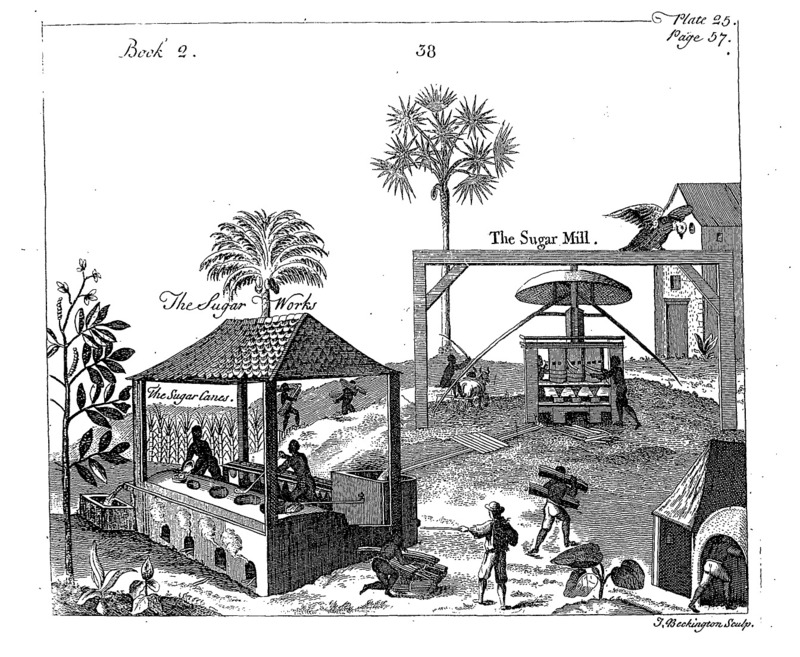Further Research
This exhibit’s analysis of Hans Sloane and John Bartram’s relationship provides the foundation in which a multitude of correspondences can be researched while maintaining a framework centered around power and authority. However, this research fails to unify the emergence of global science and its relationship to imported African and indigenous knowledge. The Royal Society was plagued with a lack of minority contribution, which in my opinion, is antithetical to natural science residing in human experience and factual evidence. How many scientific advancements were made by minority groups, yet not recognized by the “legitimizing authority” of the Royal Society? This paints an incomplete picture of science proliferated by a largely white system of power. European colonial success largely depended on indigenous knowledge and local science, however colonialism was rooted in unequal ideology that stifled it’s own advancement. The scope of this project was not large enough to pursue this angle, however I recommend starting with Londa Schiebinger’s Secret Cures of Slaves: People, Plants, and Medicine in the Eighteenth-Century Atlantic World, or Pratik Chakrabarti’s Materials and Medicine: Trade, Conquest, and Therapeutics in the Eighteenth Century.
